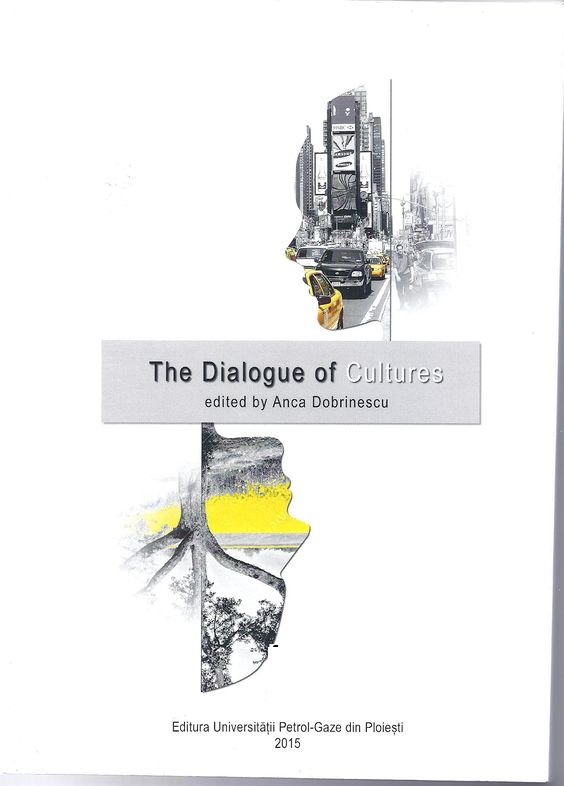A Study of Complaint Speech Acts in Turkish Learners of English
A Study of Complaint Speech Acts in Turkish Learners of English
Author(s): Ahmet Bikmen, Leyla Marti
Subject(s): Foreign languages learning, Pragmatics
Published by: Universitatea Petrol-Gaze din Ploieşti
Keywords: pragmatic knowledge; complaint speech act; pragmatic transfer;
Summary/Abstract: Pragmatic knowledge is knowing to say the right things at the right time. If a person does not know how to use the appropriate language in the appropriate context, he or she runs the risk of having their character assessed negatively. Describing the differences in pragmatics across languages and cultures is one way to help language learners to approximate correct pragmatic behaviour in the target language and culture. The current study investigates whether or how Turkish learners of English (TLEs) transfer pragmatic knowledge from their native language into English when performing the speech act of complaining. Complaints were defined as expressions of discontent that could be in the form of: hints, annoyance, ill consequences, indirect and direct accusation, modified blame, explicit blame of behaviour and explicit blame of person, and requests. A total of 3000 written complaints collected from TLEs, native speakers of English (ENSs) and Turkish (TNSs) were analysed. It was found that (1) requests, hints, and annoyance are the most commonly-used strategies by all three groups. (2) TLEs use the strategies hints, ill consequences, direct accusation, and threats/warnings at frequencies that are closer to the ENSs’ frequencies, (3) the TLEs, ENSs and TNSs are statistically indistinguishable in their use of annoyance, blame (behaviour), and blame (person), and finally (4) the TLEs use modified blame at an intermediate level with respect to the ENSs and the TNSs, reflecting weak negative pragmatic transfer.
Book: The Dialogue of Cultures
- Page Range: 272-289
- Page Count: 18
- Publication Year: 2015
- Language: English
- Content File-PDF

